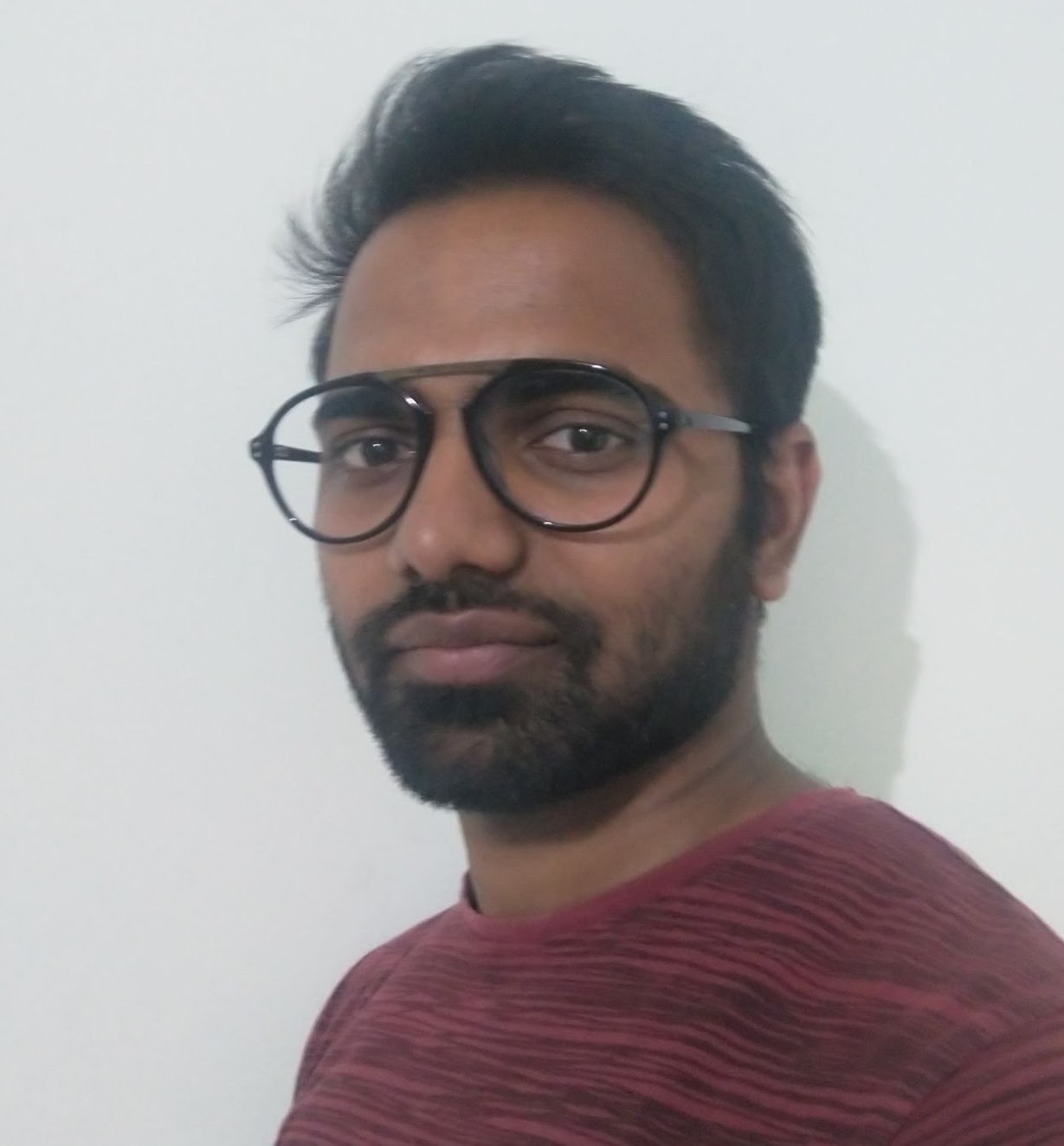Breaching Security Keys without Root: FIDO2 Deception Attacks via Overlays exploiting Limited Display Authenticators
Ahmed Tanvir Mahdad, Mohammed Jubur, and Nitesh Saxena
In the ACM SIGSAC Conference on Computer and Communications Security (CCS), October 2024.







